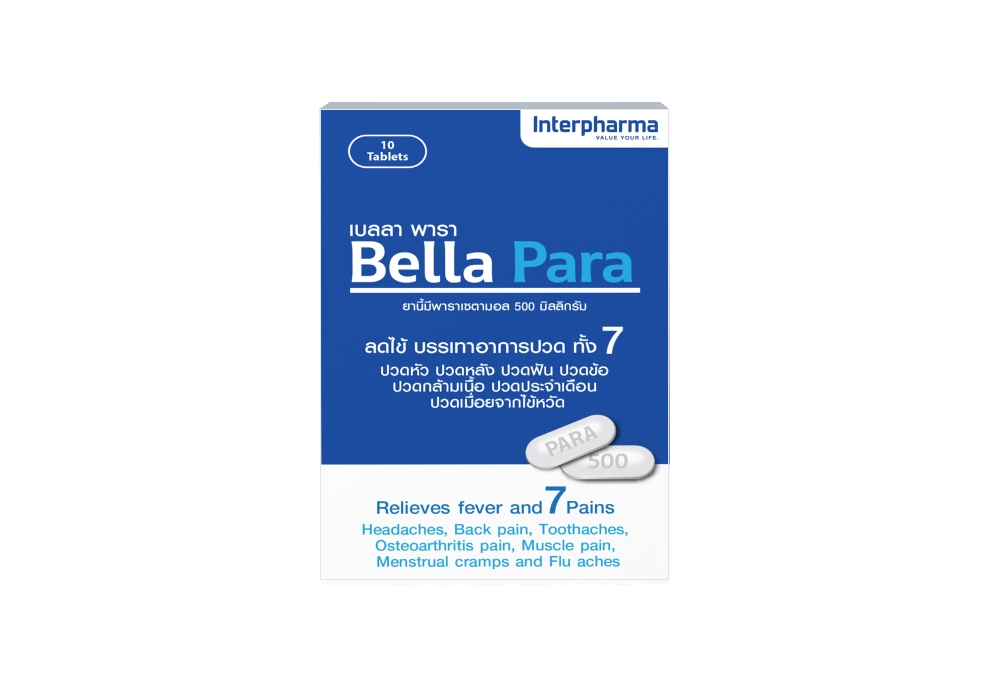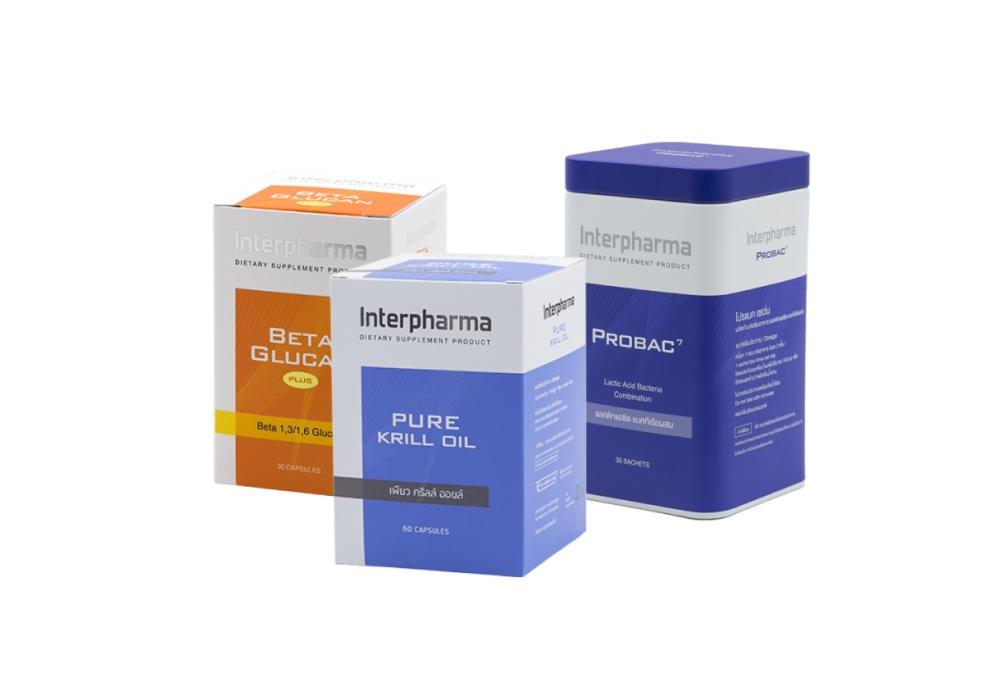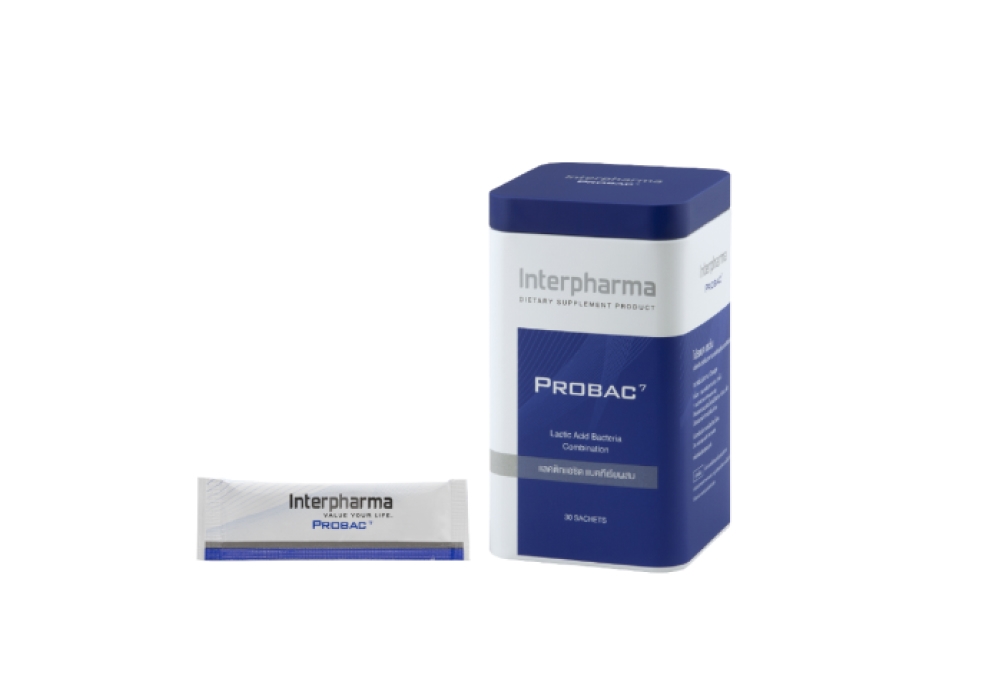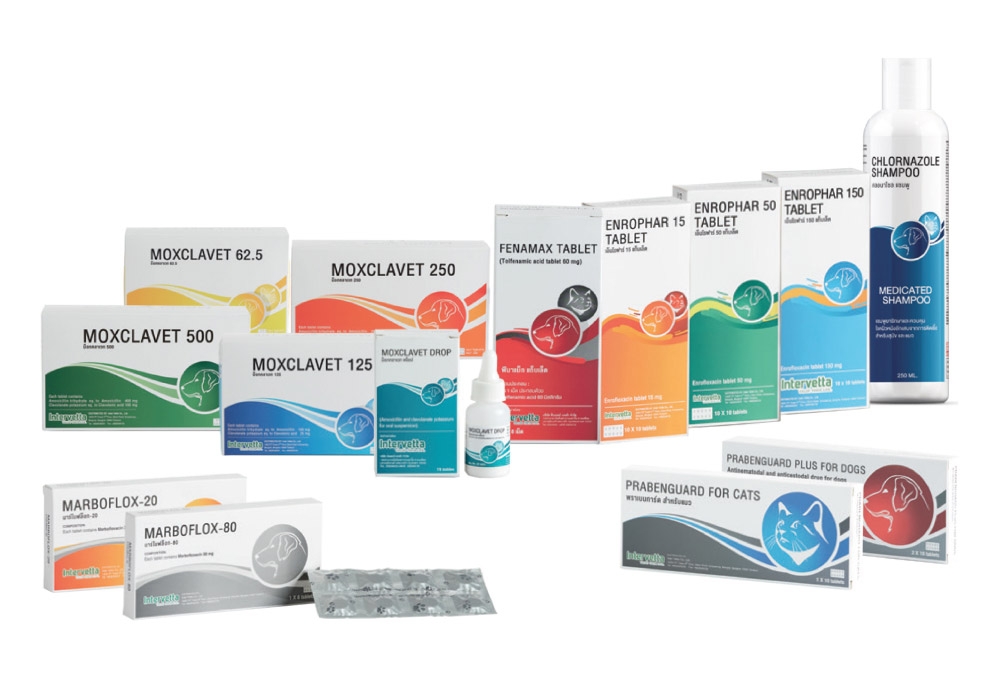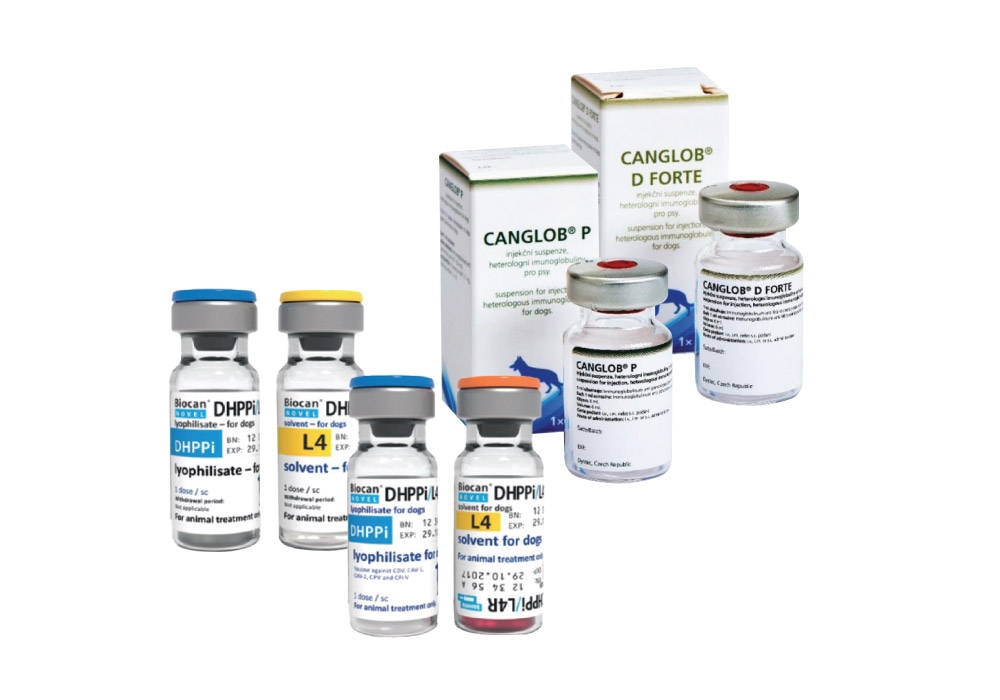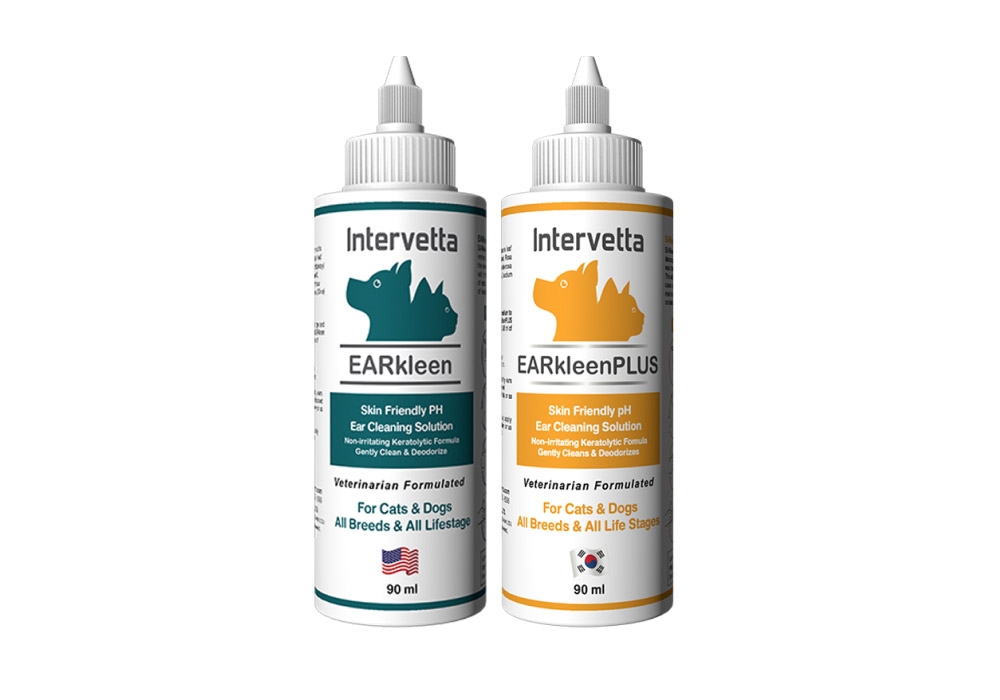Can Fish Oil Truly Improve Brain Health and Memory?

Can Fish Oil Truly Improve Brain Health and Memory?
In an era where memory decline and brain-related diseases are a concern for people of all ages, many have turned to fish oil as an option for maintaining brain health. With key components like Omega-3 and DHA renowned for their brain-boosting properties, does fish oil genuinely enhance memory, or is this merely a long-held belief? This article will help you find the answer, along with tips for selecting and using fish oil appropriately for better brain health.
What is Omega-3 in Fish Oil?
The key substance that makes fish oil a superfood for the brain is the Omega-3 group of fatty acids, which the body cannot produce on its own and must be obtained from food. These fatty acids are not just ordinary nutrients; they are the building blocks for creating and repairing brain cells and play a vital role in the functioning of the nervous system.
Within the Omega-3 group, EPA (Eicosapentaenoic acid) and DHA (Docosahexaenoic acid) are the two primary types found abundantly in fish oil. DHA has a specific function in nourishing the brain and eyes, while EPA helps reduce inflammation and maintain heart health. Obtaining an adequate amount of Omega-3 is therefore a key factor in keeping the brain healthy.
DHA and Brain Function
DHA, or Docosahexaenoic acid, is an Omega-3 fatty acid that plays a particularly profound role in nourishing the brain because it is a primary structural component of brain cell membranes and the retina of the eye. Having sufficient DHA helps keep cell membranes flexible, allowing for smooth neural signal transmission and enabling the brain to function efficiently.
Fish oil with a high concentration of DHA helps strengthen the structure of brain cells, protects them from deterioration, and promotes the creation of new brain cells. Furthermore, DHA is involved in the synthesis of important neurotransmitters essential for learning and memory. Consuming fish oil is thus a long-term investment in your brain's health.
Can Fish Oil Really Enhance Memory?
The question many people wonder about is whether fish oil can truly enhance memory or if it's just a myth. Various studies indicate that regular consumption of Omega-3 and DHA contributes to improving brain function in several areas, especially in the ability to remember and process information. Individuals who get enough Omega-3 often show better learning efficiency.
However, the effect of fish oil on memory is not immediate but rather a result of long-term accumulated benefits. Consistent consumption over several months is typically needed to see clear results, particularly in older adults who are beginning to experience memory decline or in individuals who use their brain intensively for work. Supplementing with fish oil is, therefore, an attractive option for preventive brain care.
How to Choose Fish Oil for Brain Health
Choosing the right fish oil for brain health is not complicated if you understand the basic principles. The first thing to check is the amount of DHA and EPA listed on the label. For brain nourishment, you should select a product that contains at least 250-500 milligrams of DHA per capsule, as DHA is the primary component for brain health, while EPA provides complementary support by reducing inflammation.
The quality of fish oil also depends on its manufacturing and storage processes. Opt for products that have undergone a distillation process to remove contaminants like heavy metals and are stored in packaging that protects them from light and air. Choosing a brand with high manufacturing standards and certifications from credible organizations will help ensure quality and safety.
Precautions for Taking Fish Oil
Although fish oil offers numerous benefits, its consumption comes with important precautions. The first is the appropriate dosage. Consuming too much Omega-3 can slow blood clotting and increase the risk of easy bruising. Therefore, you should follow the recommendations on the label or consult a doctor before starting, especially if you are taking anticoagulant medications.
Individuals with seafood allergies or a history of fish allergies should be particularly cautious, as fish oil can trigger allergic reactions. It is advisable to start with a small dose to observe any symptoms. Additionally, taking fish oil with meals can help reduce nausea and enhance absorption. Storing the product in the refrigerator will help extend its shelf life and maintain its quality.
Alternative Sources of Omega-3 Besides Fish Oil
If you are unable to take fish oil for any reason, there are other alternatives for obtaining Omega-3 to nourish your brain. Eating small marine fish like sardines, mackerel, or fresh salmon 2-3 times a week provides natural DHA and EPA. For vegetarians, algae oil is an excellent choice as it contains DHA and is not derived from animals.
Other plant-based sources of Omega-3, such as flaxseed, chia seeds, and walnuts, provide ALA (Alpha-linolenic acid), which the body must convert into DHA and EPA. However, the conversion efficiency is quite low. Therefore, specifically for brain health, fish oil or marine fish remain the best options. Incorporating a variety of Omega-3 sources will help you receive comprehensive benefits.
Conclusion
Fish oil is an excellent source of Omega-3 and DHA for nourishing the brain and enhancing memory. Although the results are long-term and not instantaneous, consistent consumption can help protect the brain from degeneration and boost its functional efficiency. Choosing high-quality fish oil and consuming it in appropriate amounts is a worthwhile investment for long-term brain health.
For the best results, you should combine fish oil intake with regular exercise, adequate sleep, and engaging in mentally challenging activities. This is because maintaining brain health requires a combination of several factors to achieve sustainable and highly effective outcomes.
